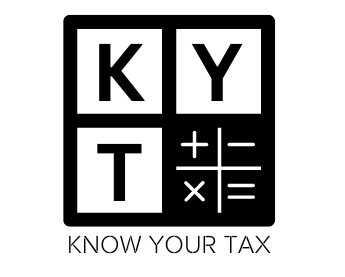Employee National Insurance Contributions
As of April 2024, employee NICs are set at 8%, while employer NICs will increase from 13.8% to 15% in April 2025. The Secondary Threshold, where employer NICs apply, will drop to £5,000 from 2025 to 2028, adjusting with inflation thereafter. The Employment Allowance will rise to £10,500 in April 2025, with the eligibility cap removed to include all qualifying employers.
The self-employed and NICs
Starting 6 April 2024, Class 4 NIC rates for self-employed individuals will stay at 6% and 2%.
For Class 2 NICs, self-employed individuals earning £6,725 or more can access benefits like the State Pension through a National Insurance credit without paying Class 2 NICs. Those earning below this amount, or those opting to pay Class 2 NICs voluntarily, can still contribute to access these benefits.
Living and Minimum Wage Rates
The government has announced updated rates for the National Living Wage (NLW) and National Minimum Wage (NMW), which will take effect from 1 April 2025. The new rates are as follows:
NLW: £12.21
18-20: £10.00
16-17: £7.55
Apprentices: £7.55
The apprentice rate applies to those under 19 or 19 and over in their first year of apprenticeship.
Company cars tax benefits
For the 2025/26 tax year, the company car tax rates will undergo the following adjustments:
The tax charge for zero-emission vehicles will go up from 2% to 3%.
The tax charge for all other vehicles will rise by 1%.
The maximum benefit amount remains capped at 37%.
Additionally, the government has confirmed that the benefit-in-kind rates for company cars will continue to increase annually until the 2029/30 tax year.
Compulsory reporting of payroll benefits
The government has confirmed that, starting in April 2026, using payroll software to report and pay tax on benefits in kind will be mandatory, with implementation occurring in phases. This requirement will apply to both income tax and Class 1A NICs.
Addressing Tax Non-Compliance in the Umbrella Company Sector
From April 2026, recruitment agencies will be responsible for PAYE on payments to workers supplied by umbrella companies. If no agency is involved, the end client business will be liable. This measure aims to protect workers from unexpected tax bills caused by non-compliant umbrella companies.
Taxation of Employee Ownership Trusts and Employee Benefit Trusts
The government is implementing a set of reforms to the taxation of Employee Ownership Trusts and Employee Benefit Trusts.
These reforms aim to close loopholes and ensure the regimes continue to promote employee ownership and reward workers.
The changes will come into effect on 30 October 2024.




